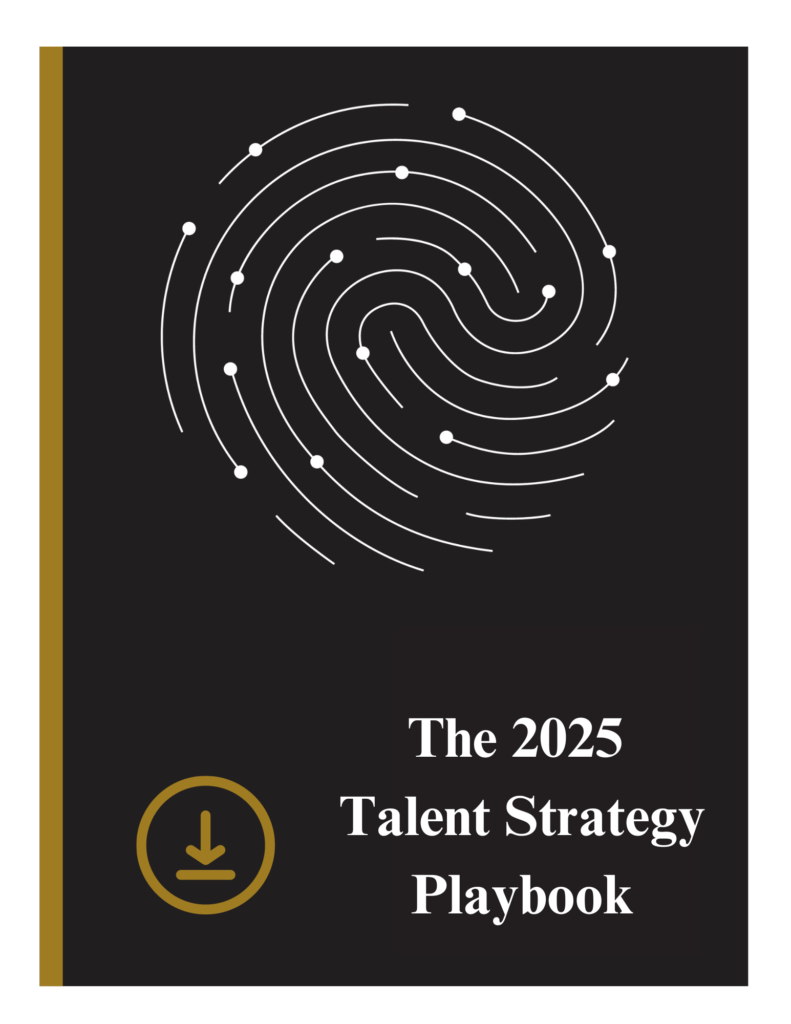As an executive recruiter, I’ve seen firsthand the impact of a satisfied, engaged workforce. One of the most debated topics in modern work culture is the 40-hour work week. Should it be a strict standard, or is there room for flexibility when an employee is exceeding expectations and delivering exceptional results?
I firmly believe that if an employee is performing exceptionally and completing their tasks ahead of schedule, they should be allowed to work fewer than 40 hours per week. Here’s why:
1. Recognizing and Rewarding Excellence
- Boosts Morale: Allowing top performers to enjoy the benefit of flexible hours serves as a powerful motivator. It shows that their hard work and dedication are recognized and appreciated.
- Encourages High Performance: Employees who know that exceptional performance will be rewarded with flexible hours are more likely to go above and beyond in their roles.
2. Promoting Work-Life Balance
- Reduces Burnout: The demanding nature of many jobs can lead to burnout. Allowing employees to take time for personal matters, especially when they’ve already achieved their work goals, helps maintain their well-being and overall productivity.
- Improves Mental Health: A flexible schedule can reduce stress and improve mental health, leading to happier, more focused employees.
3. Enhancing Productivity
- Focus on Results, Not Hours: Shifting the focus from hours worked to results achieved fosters a results-oriented work environment. Employees feel empowered to find the most efficient ways to accomplish their tasks.
- Encourages Innovation: When employees are not tied to a rigid schedule, they have the freedom to think creatively and develop innovative solutions to problems.
4. Strengthening Employer-Employee Trust
- Builds Trust: Allowing flexible hours demonstrates trust in your employees. It shows that you believe in their ability to manage their time and responsibilities effectively.
- Enhances Loyalty: Trusting employees with their time fosters a sense of loyalty and commitment to the organization.
5. Setting Boundaries and Expectations
While flexible work hours can offer numerous benefits, it’s crucial to set clear boundaries and expectations to ensure continued productivity and performance:
- Regular Check-Ins: Schedule regular check-ins to discuss progress, address any challenges, and provide feedback.
- Performance Metrics: Establish clear performance metrics to objectively measure whether employees are meeting their goals.
- Open Communication: Foster an environment where open communication is encouraged. Employees should feel comfortable discussing any personal or professional issues that may affect their work.
Addressing Underperformance
It’s important to note that flexibility should not be an excuse for underperformance. If an employee starts to slack off or underperform, it’s essential to address the issue promptly:
- Identify the Cause: Understand the underlying reasons for the change in performance. Is it due to personal issues, lack of motivation, or something else?
- Provide Support: Offer support and resources to help the employee get back on track. This could include additional training, mentorship, or a temporary adjustment in workload.
- Reassess Flexibility: If the employee continues to underperform despite support, reassess their flexible hours. It might be necessary to reinstate a more structured schedule until performance improves.
Allowing employees to work fewer than 40 hours per week when they are performing exceptionally and meeting all their goals can be a powerful tool for boosting morale, enhancing productivity, and promoting work-life balance. However, it’s essential to maintain clear communication, set performance expectations, and address any underperformance swiftly to ensure that flexibility benefits both the employee and the organization.
The traditional 40-hour workweek may not be the best fit for every employee or every role. Embracing flexibility and focusing on results can lead to a more engaged, productive, and loyal workforce.



















